Can Firefox OS be the new Android?
We explore if betting on the open web will pay off for Mozilla
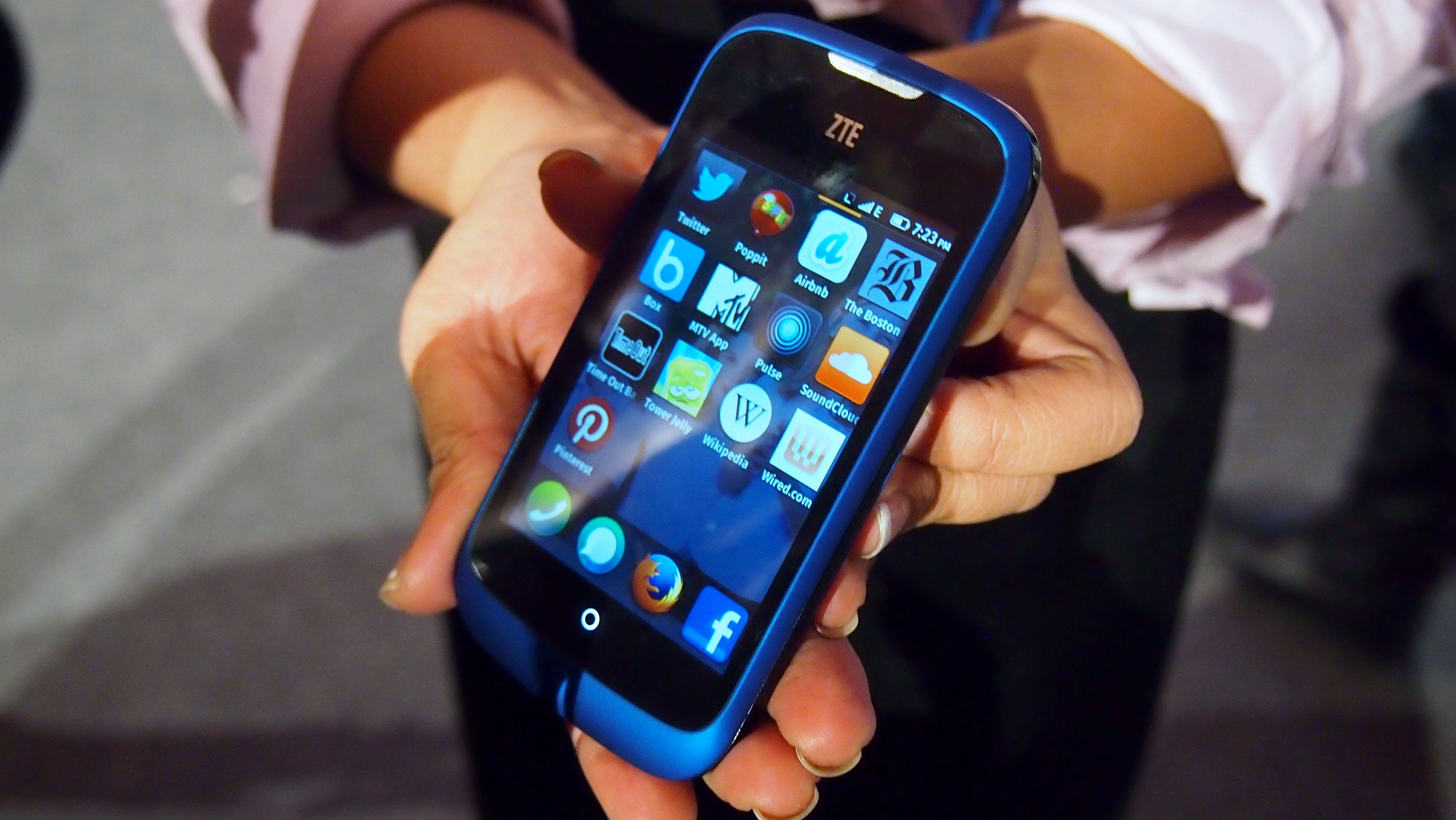
Sign up for breaking news, reviews, opinion, top tech deals, and more.
You are now subscribed
Your newsletter sign-up was successful
"It cannot be right that two companies lock down and control their experience … it's the equivalent of two companies controlling every service you use on the internet." So says Dan Appelquist, Open Web Advocate at Telefónica Digital, which intends to pull the rug from under Apple and Android by selling smartphones with the 'open web' architecture of Mozilla's Firefox OS.
The first handsets like the ZTE Open, go on sale this June, will attempt to popularise common, open standards for apps that make them transferable across different handsets and tablets. In doing so it will try to take apart the acceptance of the 'walled garden' app ecosystem popularised by both Apple's iOS and the Android OS.
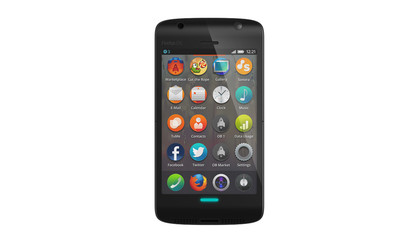
"Firefox OS is not a proprietary platform, it is fully standards-based and built on HTML5," says Andreas Gal, Vice President, Mobile Engineering, Mozilla. "What's more, Firefox OS is not a new ecosystem - it is the Web and the Web is the largest existing ecosystem we have today."
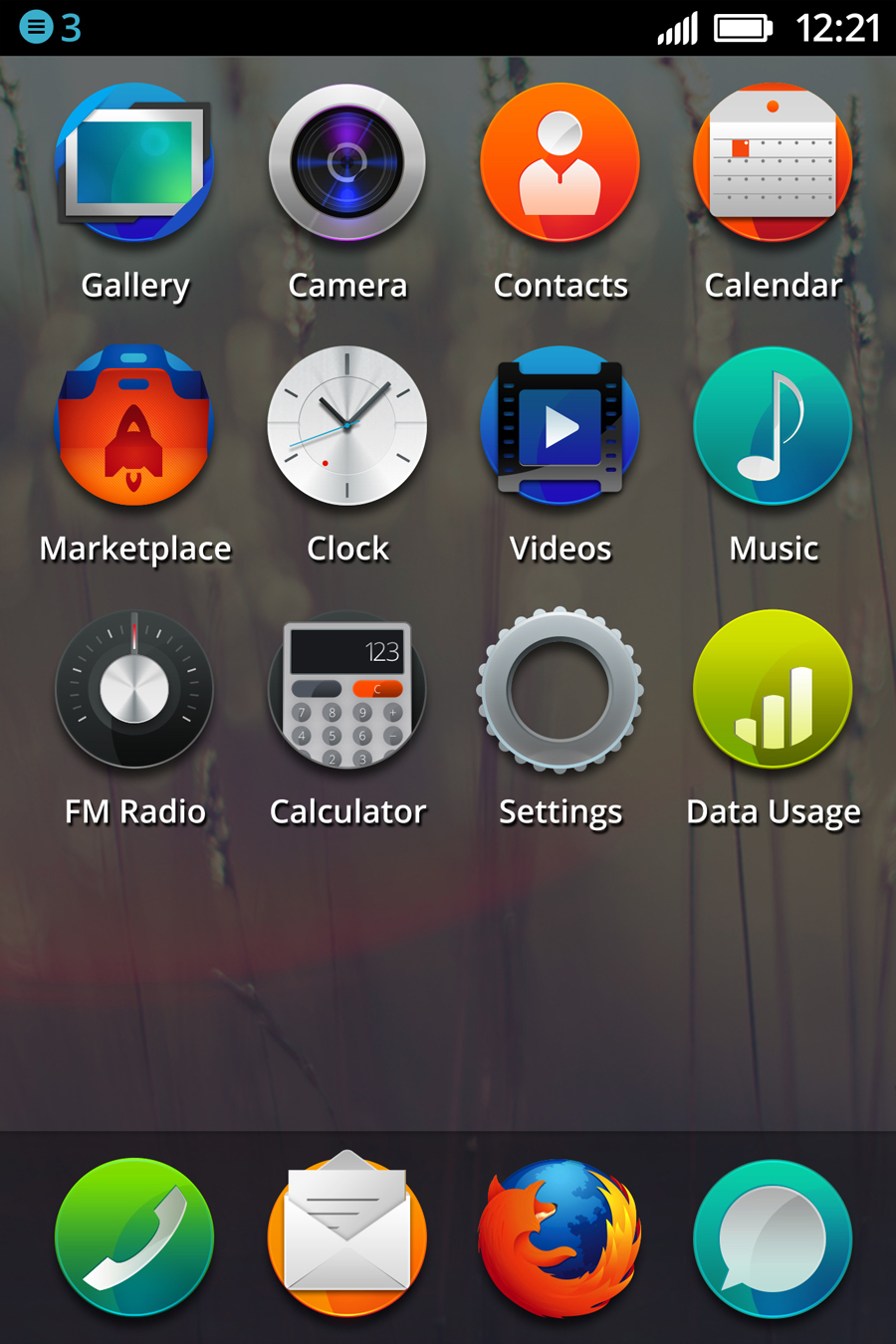
Gal thinks that under the present splintered, closed regimes, app developers have it too hard. "Having to build an app in multiple formats - all to reach people who have never asked for the specific app I am thinking of building - is not sustainable," he says, adding that Mozilla hopes Firefox OS will act as a catalyst for the 'open web'. "Over eight million developers develop in HTML5 today compared to around 100,000 iOS developers and 400,000 Android, but ten million for HTML5," he says. "We just want to unlock the power of HTML5 for standards-based work."
The not-for-profit Mozilla's intentions might be good, but the closed ecosystem for apps, popularised by Apple's app store (20 billion+ downloads in 2012) and Google Play (revenue up six-fold in 2012) on Android, is proving very popular.
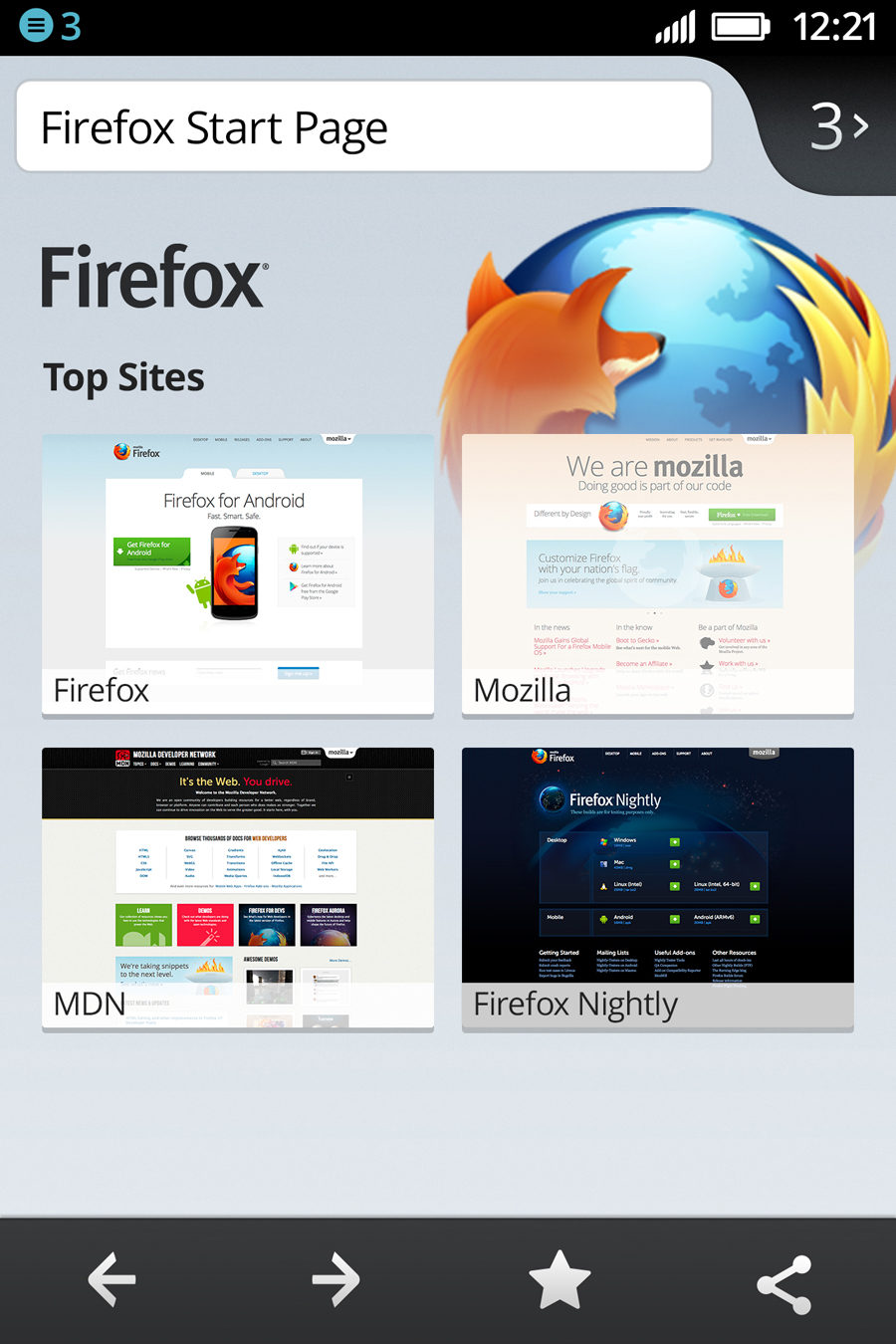
"Right now, the mobile world is busy because there is so much economic value to be gained by owning a platform," says Gal. "The problem with mobile for users today is that once a user buys apps, music etc. on a given platform, they are not currently transportable to another ecosystem."
Rather than creating a competing platform, Firefox OS uses the web as the platform to build apps powered by open Web standards like HTML5, CSS, and Javascript and new Web APIs that enable Web apps to access functions of the handset previously only available to native apps - such as camera, telephony, messaging and Bluetooth.
Sign up to the TechRadar Pro newsletter to get all the top news, opinion, features and guidance your business needs to succeed!
Aiming low
However much of a 'level playing field' Firefox OS seeks to create, it's not owners of iPhones and Galaxy S-somethings in the UK, Europe or the USA that Mozilla is aiming Firefox OS at, at least not initially. Smartphone penetration stands at just 16% in Latin America (it's over 50% in the UK, and will nudge saturation levels shortly), which makes it an ideal proving ground for a new and untested operating system.

"In the coming years, lower-cost Android smartphones are expected to dominate the markets in emerging areas such India, China and Africa," says Kevin Curran, senior member at the Institute of Electrical and Electronics Engineers (IEEE). "Launching a new smartphone OS is not to be taken lightly, but Mozilla's main partner is Spain's Telefónica, which has over 200 million mobile subscribers in Latin America."
Firefox OS will see the light of day this June in Venezuela, Poland, Brazil, Portugal and Spain, with the first handsets including the Alcatel One Touch Fire and the ZTE Open. Telefónica has strong links with major carriers around the world including América Móvil, China Unicom, Deutsche Telekom, Sprint, Telecom Italia and SingTel, and it also has mobile phone chip-maker Qualcomm on-board.
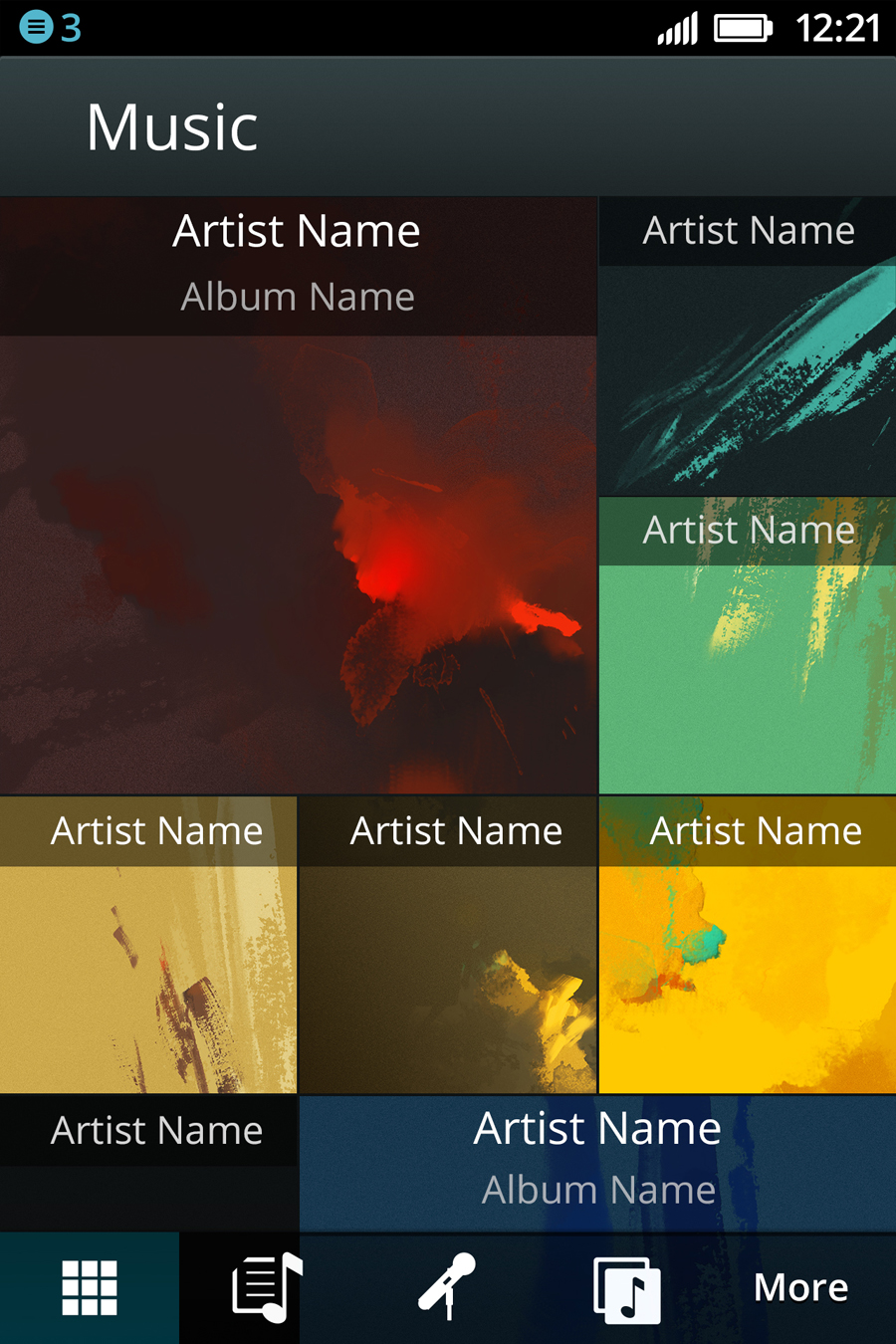
"These partners certainly add hope to the ambitious project," says Curran. "It seems they aim to sell it in the pre-paid phone markets, where lower-income people generally get their airtime."
Jamie is a freelance tech, travel and space journalist based in the UK. He’s been writing regularly for Techradar since it was launched in 2008 and also writes regularly for Forbes, The Telegraph, the South China Morning Post, Sky & Telescope and the Sky At Night magazine as well as other Future titles T3, Digital Camera World, All About Space and Space.com. He also edits two of his own websites, TravGear.com and WhenIsTheNextEclipse.com that reflect his obsession with travel gear and solar eclipse travel. He is the author of A Stargazing Program For Beginners (Springer, 2015),
